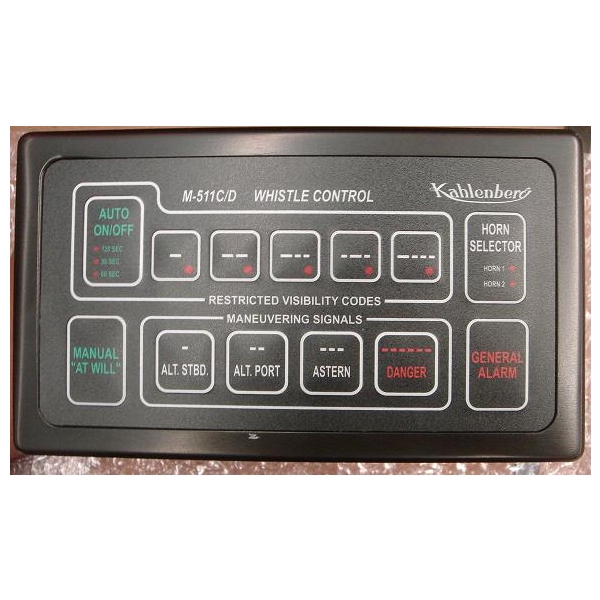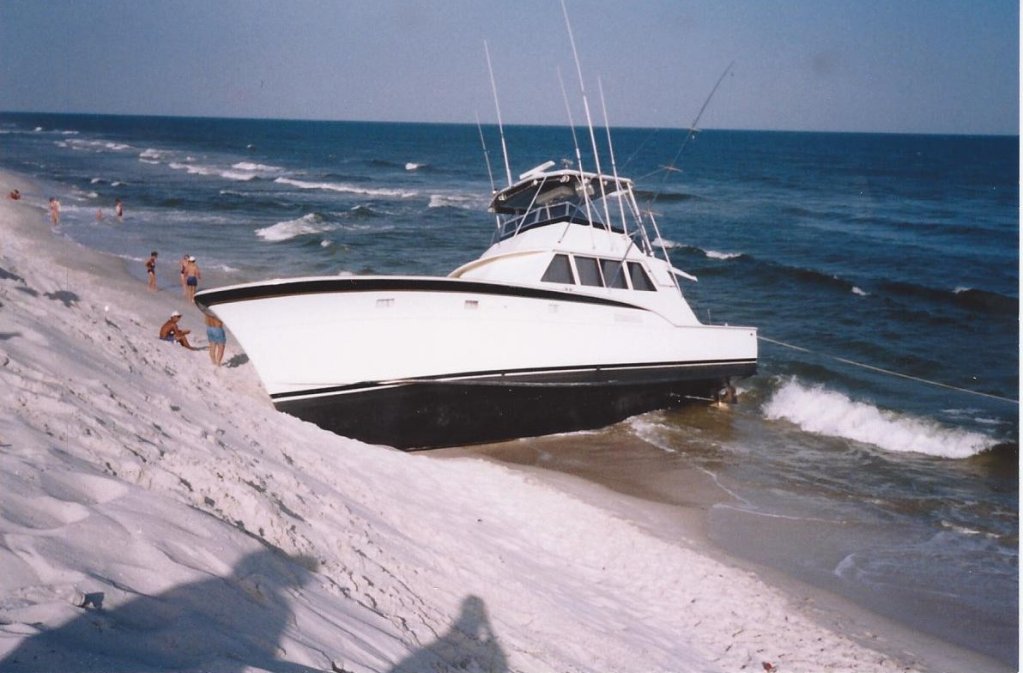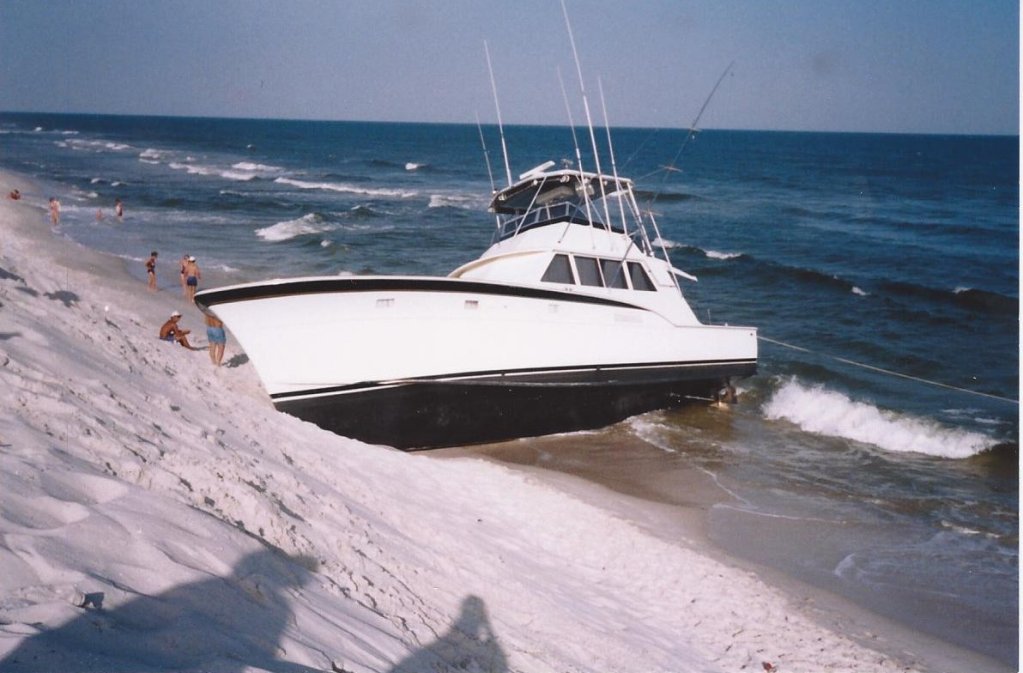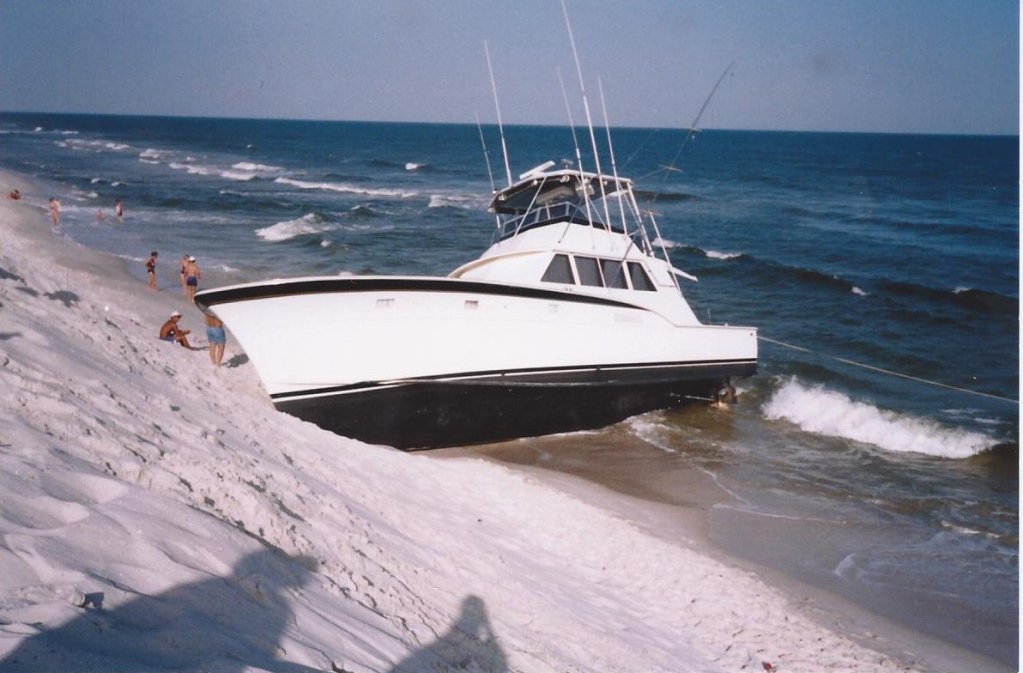magicbus
Senior Member
- Joined
- Nov 14, 2010
- Messages
- 460
That's how I remember it too. Our boating safety instructor taught us that way and it works for me.I think of it as syllables. Pass or meeting you you on my starboard side---2 syllables---2 whistles.
Passing you or meeting you on my port side---1 syllable---1 whistle.
Not the way it is stated in the rules just an easy way to remember I learned years ago.
Dave








